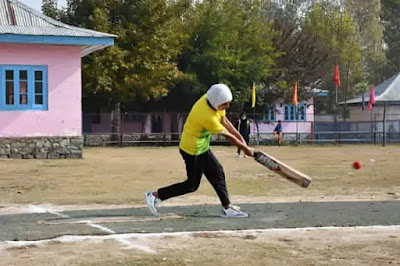What does the Ukraine conflict mean for West Asia?
Western commentators are struggling to describe the significance of the ongoing war in Ukraine. Fareed Zakaria has described it as a “seismic event”, the most significant international event since the fall of the Berlin Wall, and believes it marks “the end of an age”. Francis Fukuyama has called it “a critical turning point in world history”. He views it as the latest assault on liberalism that had started well before the war when illiberal authoritarian regimes had emerged in several major countries; he sees the war as a reminder “in the most vivid way possible what the consequences of illiberal dictatorship are”. Thomas Friedman simply says: “Our world is not going to be the same again.”
These cataclysmic prognostications from Western sources have not had the same reverberations in West Asia. Four years of the anarchy wreaked in the region by Donald Trump followed by one year of Joe Biden’s insipid and shaky presidency have already created a diplomatic churn, with regional states pursuing fresh engagements and alignments, interactions that are independent of the US. The region, in short, has come of age and is anxious to define its own interests and shape its own policy approaches and alignments.
This is best exemplified by the first reactions of the region’s principal role-players – despite many being long-standing US allies, not one of them, besides Kuwait, has sided with the US in sharply condemning Russia; not one of them has imposed harsh sanctions to cripple the Russian economy.
Regional responses to the war


Comments
Post a Comment